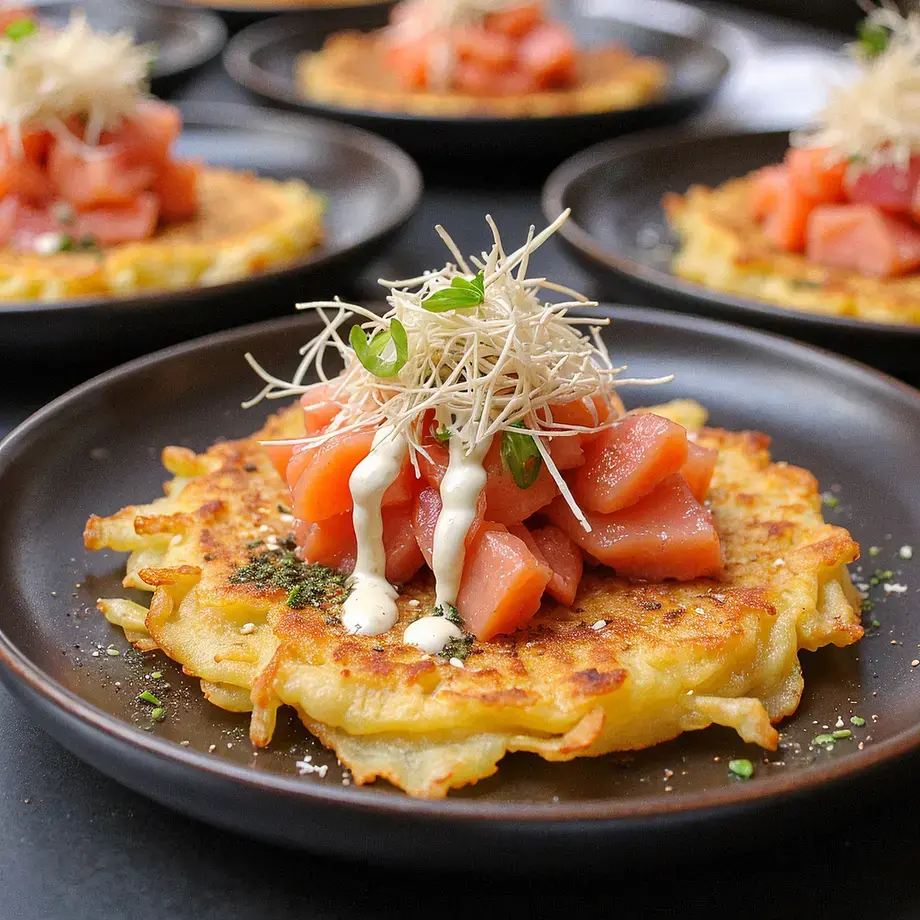To speak of Napoleon Bonaparte at the dining table is even much harder than speaking of his battles. He wasn't fond of dining and ate quickly, no more than 15 minutes per meal. He often skipped meals or arrived late for dinner forcing everyone at the table to eat at a fast pace. He was quick and helped himself with his hands. He liked to soak his bread on the plate. Napoleon preferred simple and essential meals such as potato soup, beans and onions (even his last supper was like this). The chefs weren't paid much at all and in ten years there had been eleven. They say Napoleon suffered from gastritis which forced him to eat lighter and frequent meals.
There is a recipe said to be linked with Napoleon: Marengo Chicken. On the battlefield of Marengo, followed by his cook, Napoleon hadn't touched food all day waiting for the end of the battle which made him very hungry. The cook sent his help to gather food from the houses, it's a possibility that all of the inhabitants had left once the battle started not without their belongings. The boys come back with much of nothing: a small chicken, some shrimps from the river, eggs, garlic and tomatoes. The cook starts cooking the chicken in garlic, adds the tomatoes and embellishes the plate with fried eggs and boiled shrimp. He adds some cognac to it. Napoleon loves it.
Another time, Dunand, the cook, knowing that the shrimps and cognac didn't really go with the dish, changes the recipe by putting white wine instead of cognac and mushrooms instead of shrimps. Napoleon gets very angry and sends back the dish saying the shrimps were missing and that was going to bring him bad luck. We are not certain this episode is a hundred percent true, but the dish became a traditional one in Piedmont.










